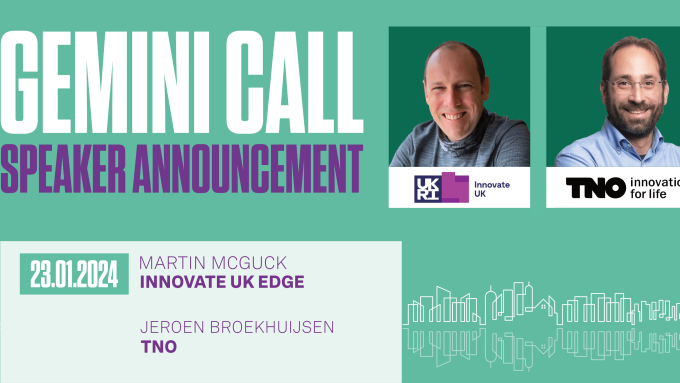Download File

- File Information
- Size: 1.8MB
- Type: pdf
The Benefits report includes an illustrative quantification of the potential benefits of CReDo based on a simulation using synthetic data. The Frontier Economics team found that the benefits from CReDo looking at the impact of future surface water flooding scenarios could range from £6m to £13m across East Anglia and from £81m to £186m across the UK over the period to 2050 (in constant prices from 2022-2050). The analysis used synthetic data and does not cover the benefits of other use cases such as extreme heat. Limitations from using synthetic data rather than real data mean that at this stage, it has not been possible to provide robust estimates of the potential benefits that CReDo can generate.
The methodology underpinning the results can be adapted and refined to form the basis of a more detailed evaluation of a future version of CReDo. A refined version of this cost-benefit analysis methodology could be integrated in CReDo and would help the users of CReDo to understand the costs and benefits of different strategies to increase resilience of the infrastructure networks. An indicative public return on investment of 23:1 implies that connected digital twins like CReDo help to address a coordination problem. While the benefits accrue across multiple parties, individual actors may lack the incentive to invest alone in systems-based solutions such as CReDo. Therefore, work is required to demonstrate the benefits and to kickstart the coordination of effort to achieve those benefits
The quotes on this page, from CReDo’s Asset Owners, point more directly toward the wider scope and larger scale of potential benefits from connected digital twins across infrastructure sectors.
“We have been successful in demonstrating what a digital twin is truly about, and what it can do. Being able to demonstrate that collaborative approach has been a learning curve on every single front, but to end up with an output that brings that to life and can demonstrate in a tangible way the sustained benefit that can be achieved, is very powerful.”
Matt Webb UK Power Networks
“We require tools to help us make better choices, and one thing that CReDo has shown us is how complicated the modelling is, how much information is required and how it’s not necessarily easily discoverable. You need to have climate models, topographical data, highways models, and the complexity of the analysis itself, identifying the elements, the failure probabilities and these are all reasons to build it once and allow all the asset owners to access the system. … That to me seems to be one of the benefits that I did not see at the start.”
Louise Krug BT


